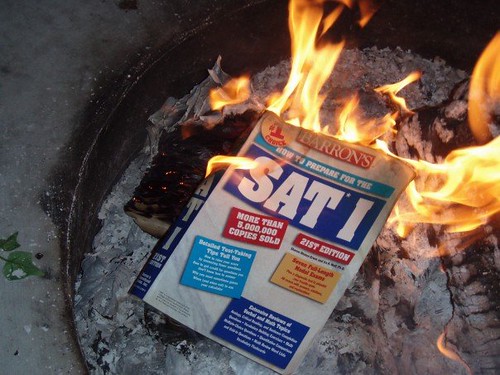
I have just spent a few days obsessed by reading a book that brings together so many of the issues that I have noticed developing in international students over the 30 years I have been abroad. This book is a MUST read for all parents attending international schools, as its contents apply as much if not more to them than to the target audience in the USA. To do the book justice I would suggest that families buy two copies, one for mum and one for dad, read a chapter, reflect and discuss its contents. I think it is that important.
Without wishing to spoil its content here is an extract from a blog post that highlighted some of its findings.
10 Strategies for Raising Healthy Kids that Most Parents Ignore
http://tonymorganlive.com/2013/07/08/the-price-of-privilege-10-strategies-for-raising-healthy-kids-that-most-parents-ignore/
- Prioritize family responsibilities over extracurricular activities. ”While demands for outstanding academic or extracurricular performance are very high, expectations about family responsibilities are amazingly low. This kind of imbalance in expectations results in kids who regularly expect others to ‘take up the slack,’ rather than learning themselves how to prioritize tasks or how to manage time.”
- Eat together as a family. “Families who eat together five or more times a week have kids who are significantly less likely to use tobacco, alcohol, or marijuana, have higher grade-point averages, less depressive symptoms, and fewer suicide attempts than families who eat together two or fewer times a week.”
- Let kids begin to solve their own problems. “Certainly there are times when children, particularly young children, need parental intervention. But these times are fewer than we think, and the goal should always be to help the child learn about how to act on his own behalf.”
- Let kids fail when the consequences are small. “By allowing them to get occasionally bruised in childhood we are helping to make certain that they don’t get broken in adolescence. And by allowing them their failures in adolescence, we are helping to lay the groundwork for success in adulthood.”
- Don’t reward kids for their performance. “Never bribe children to learn; it sets the stage for them to depend on rewards of one kind or another to learn. This sets them up to be good performers and poor learners.”
- Allow kids to experience consequences to their actions. “When we mitigate natural consequences for our kids we deprive them of one of life’s most important lessons: that we are held accountable for our actions.”
- Don’t become a kid-centric family. “Mothers and fathers spend whole weekends for months on end shuttling their children to athletic events, ignoring the fact that friendships and marriage suffer under the barrage of child-centered activities.”
- Set boundaries and use appropriate discipline. “Various studies have found that firm parental control is associated with children who can take care of themselves, who are academically successful, who are emotionally well developed, and who are happier.”
- Be real and be vulnerable. “One of the reasons that life in an affluent community can feel so lonely is because affluent people have the resources to buy their way out of many types of trouble and are reluctant to turn to neighbors for fear of being rejected or humiliated.”
- Make healthy marriage a priority. “The best gift you can give your children is a good marriage.”






